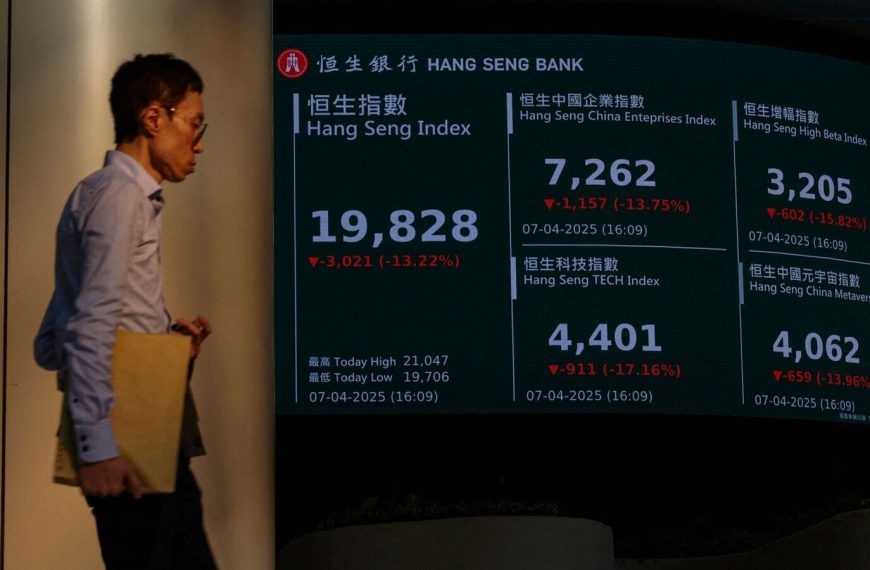A recent terror attack in Pahalgam, Jammu and Kashmir, linked to Pakistan-based militants, has sent shockwaves through the Indian stock market. The incident has resulted in a noticeable decline, with the NSE Nifty 50 dropping by 0.8% this week and the BSE Sensex experiencing a slightly steeper cut of 0.84%. Investors are understandably anxious, considering the historical context of military tensions between India and Pakistan.
Historical Impact of India-Pakistan Tensions on Stock Markets
Brokerage firm Anand Rathi has conducted an insightful analysis of past conflicts, revealing that Indian equities typically respond negatively during periods of heightened tension. Their report, titled India-Pakistan Conflict – Possible Impact on Indian Equities, highlights several key events:
-
2001 Parliament Attack: This significant event led to a substantial market drop of nearly 14% from December 13, 2001, to October 1, 2002. However, the report suggests that this downturn was largely influenced by global factors, notably a 30% decline in the S&P 500 during the same timeframe.
-
2016 Uri Attack: Following this incident, India undertook surgical strikes on Pakistani territory, which resulted in a 2.1% drop in the markets from September 18 to September 29.
-
2019 Pulwama Attack: In response to this attack, the Indian Air Force executed an airstrike in Pakistan-occupied Kashmir, causing a market dip of 1.8% between February 14 and March 1.
- 1999 Kargil War: Interestingly, this conflict had the least impact, with a mere 0.8% correction observed from May 3 to July 26.
Market Predictions Amid Escalating Tensions
The research by Anand Rathi suggests that, even with a significant escalation in hostilities, the Nifty index is unlikely to fall more than 5–10%. This projection offers a glimmer of hope for investors amid rising geopolitical concerns.
In the wake of the latest attack, India has taken steps to suspend the Indus Water Treaty with Pakistan and has halted visa issuance to Pakistani nationals, further straining diplomatic relations between the two countries.
Conclusion
Despite the current unrest, experts remain cautiously optimistic about the Indian equity market’s resilience. Historical patterns indicate that while tensions can lead to short-term fluctuations, the long-term impact may not be as severe as feared. Investors are advised to stay informed and prepared for possible market changes as the situation evolves.
For continuous updates and detailed market analysis, check back regularly and stay ahead in your investment strategies.











